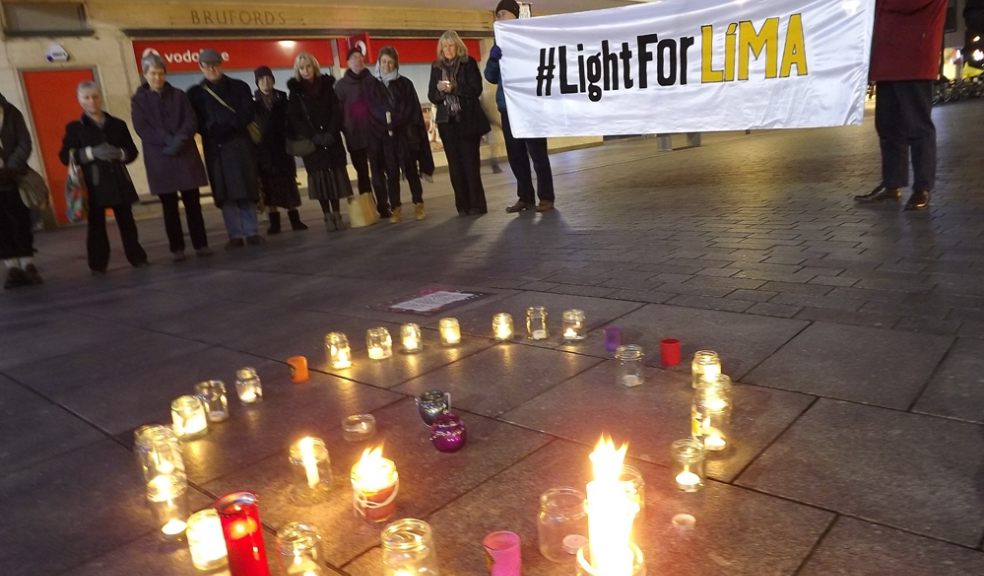
Environmental crisis: trough of despair or mount of hope?
In the past few months I have been struck by what we could call the ‘parable of the pit’, reflecting on how, in our society, we are digging ourselves into a dangerous hole, the sides of which may very well fall in and bury us.
The economic globalisation of the world means that large corporations rule over or through democratic governments, with the result that increasingly more human activity is subjected to the pressures of maximising short-term profit and avoiding the results of longer term consequences for the Earth and its inhabitants. Ecological pressures and environmental problems are therefore worsening with ever more polluted habitats, fewer resources, loss of biodiversity and global warming, all fuelled by a growing population demanding more acquisitions.
This pit gets deeper every time we remove hedgerows, build new roads, extract more fossil fuel, destroy woodland, exterminate species, encourage excessive air transport, waste food and energy, or leave taps running. A more profound pit is totally unsustainable, but a protected hole more likely to provide an ongoing liveable home. The sides of this hole are strengthened, for example, when we move to renewable resources, reduce and minimise our waste, share a meal or travel with others, replant native woodlands and protect habitats. Wall-strengthening actions are marked by a deep concern to rebuild community, share with one another and rediscover trusting relationships. Hole-deepening activities, in contrast, are driven by a lack of care and respect and a desire to consume ever more.
One of the Biblical synonyms for a pit is ‘hell’. It is a place in which one is totally discarded, alienated and disconnected. In particular, hell is the land of oblivion or the abode of the dead. It is the location of non-relationships with the total absence of love (what Danté called ‘proximity without intimacy’ – maybe being close to so much but being unable to appreciate anything?).
So are we simply creating a hell on earth and of the Earth? In theory a grossly consumerist culture is expected to deliver material happiness and satisfaction, but in reality is it taking us down a chasm of no return, and possibly the extinction of our civilisation and even our species?
What’s to be done in place of this trough of desecration and destruction? Are there ways of reversing the trends of selfishness and greed to build instead a hill of community and love?
Surely we could develop a world of fairness, cooperation, compassion, integrity and peace - a hillside from which might be said ‘blessed are the weak, the vulnerable, the just, the peacemakers, the broken, the excluded and other creatures with whom we share the planet’. This world should be a place of togetherness, where we are all connected and live in consideration for one another – including the Earth itself.
This is the vision of a different lifestyle – an upside down world which Christians might call the Reign of God (whilst others use terms such as Utopia or Otherworld, Perfection or Completion). But to reach this place we have to encourage others and ourselves to leave the pit we are in and set our feet in a different land. We may have to choose far more radical options ahead, recalling Einstein’s comment that ‘the significant problems we have cannot be solved on the same level of thinking with which we created them’.
So the future may look very bleak or it may look full of possibility, or elements of both, but it cannot be an extension of the present, one way or the other.
Let’s move from the deep hole of our own making to the wholeness and holiness we could resolve to choose for 2015…..
This article first appeared in Devon Churches Green Action News, January 2015



















